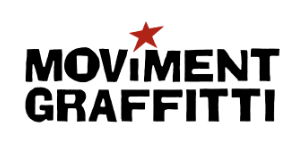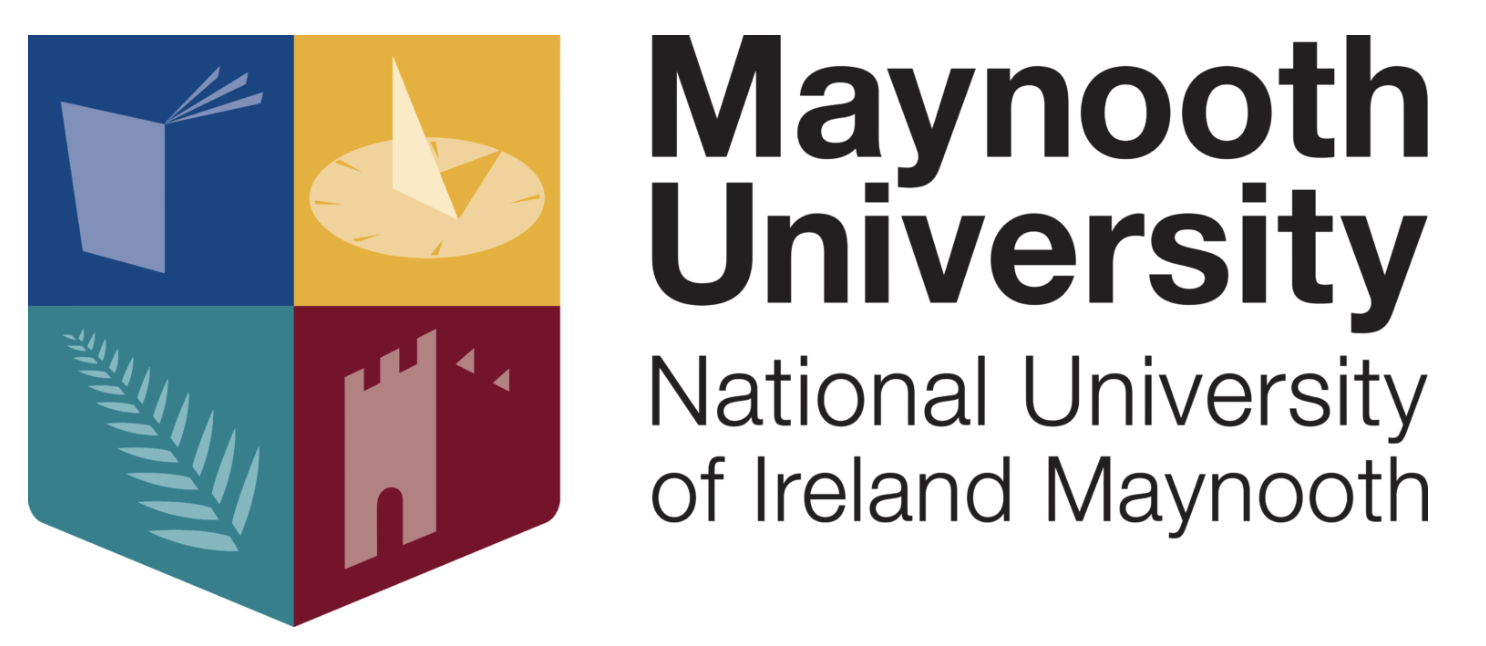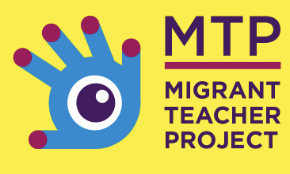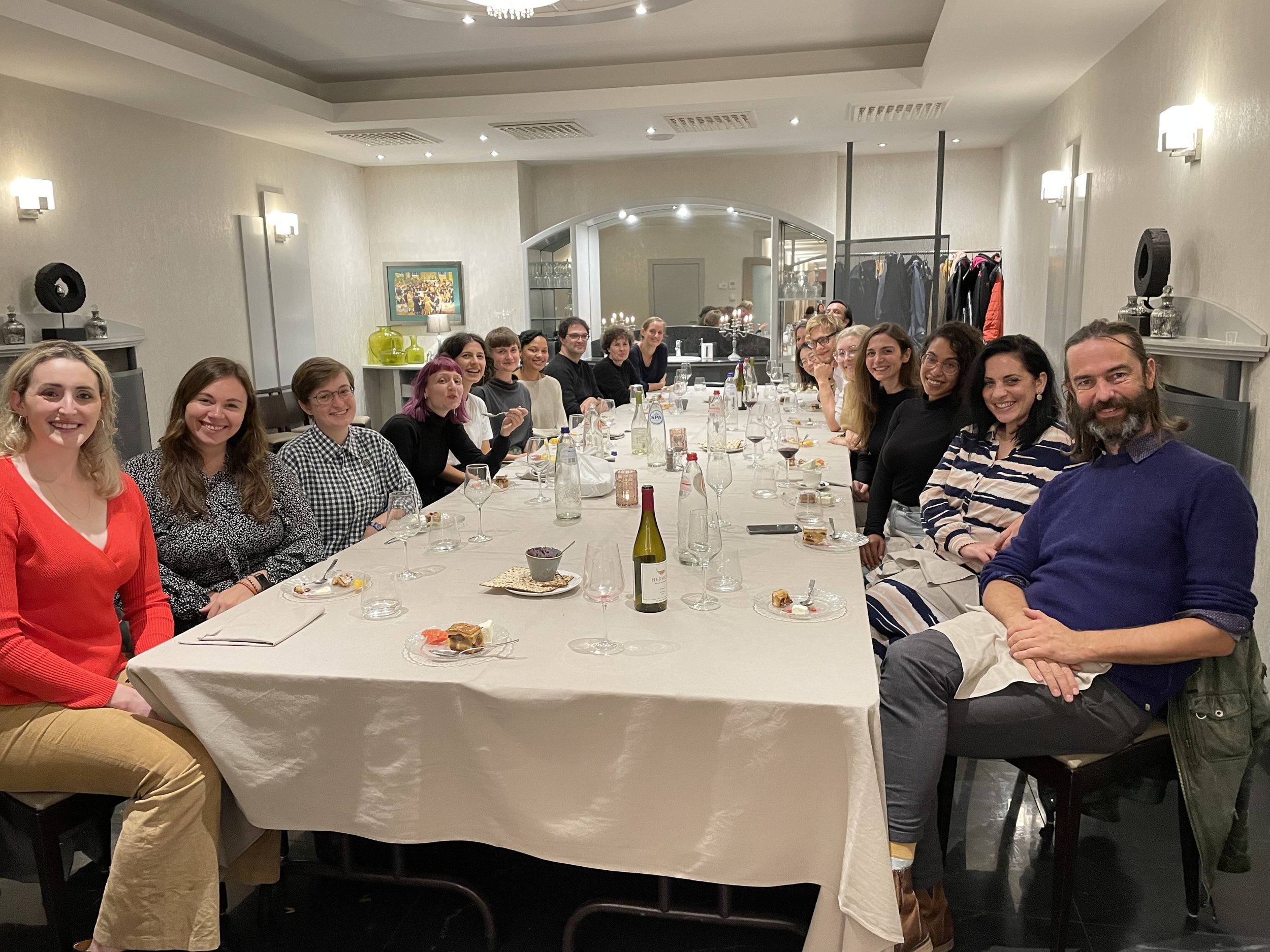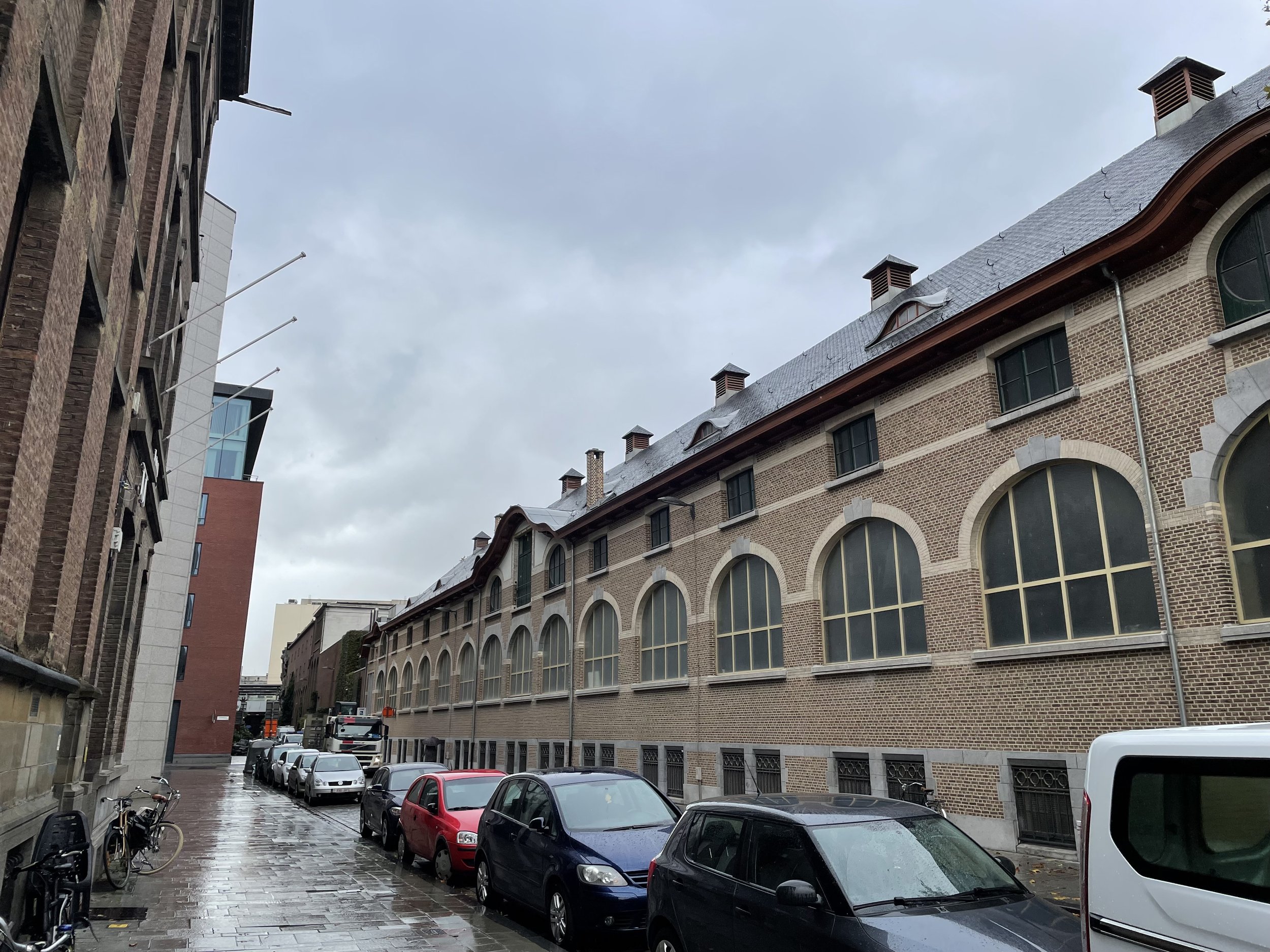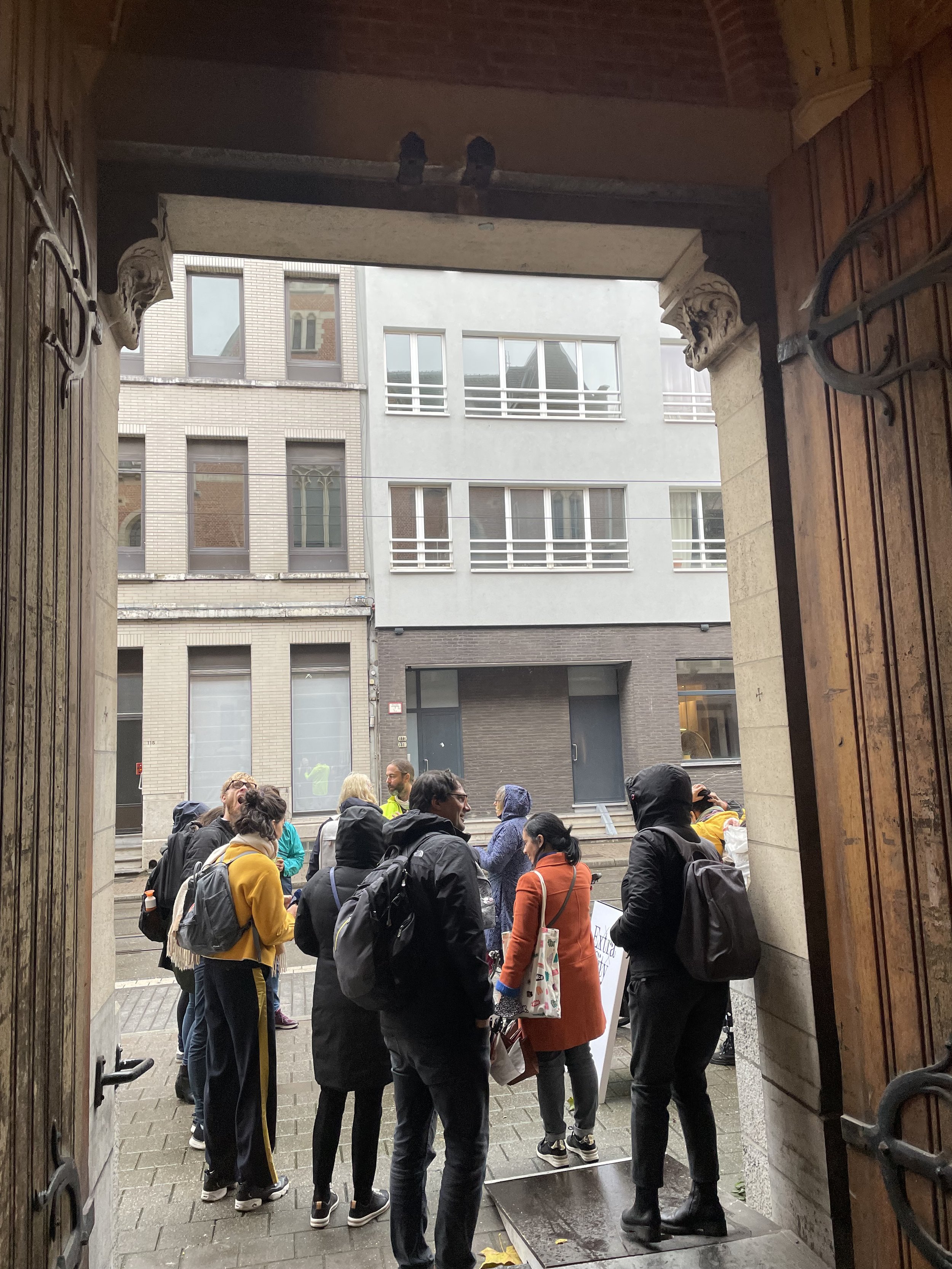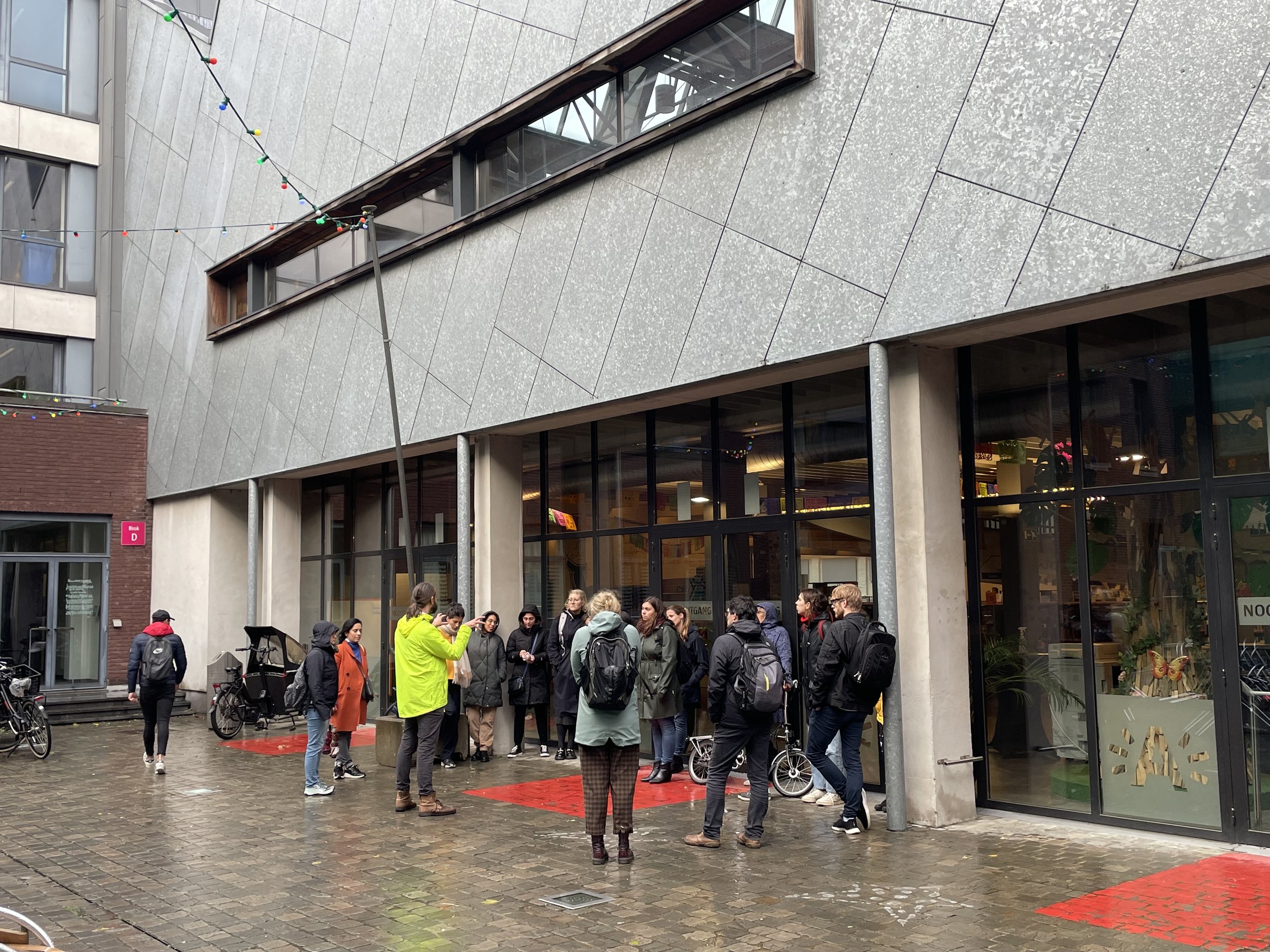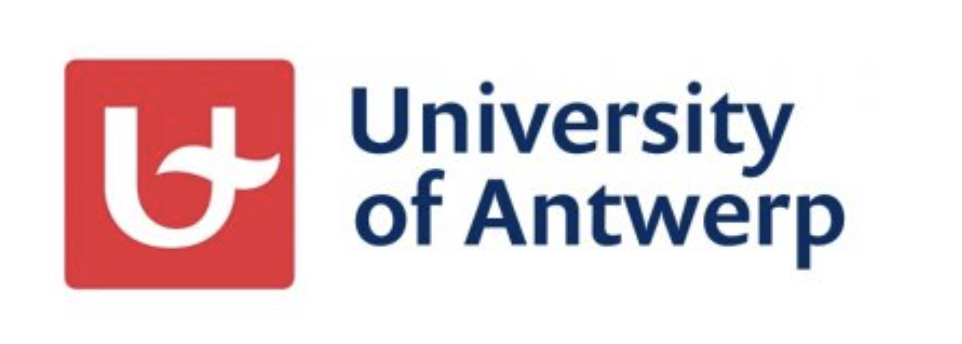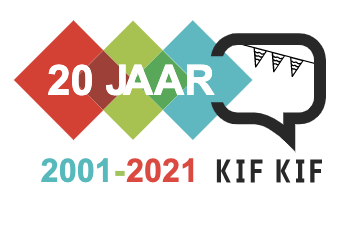
Here you can read about the SOLiDi-related news and planned workshops and training events
SOLiDi Events

SOLiDi-conference: ‘Solidarity in diversity: place and practice-based approaches’
Date: 20-22 August 2024
Location: Hof van Liere, Prinsstraat 13, 2000 Antwerp, Belgium
Audience: Open for everyone
Registration fee: € 60
How can solidarity be adapted to superdiverse societies? How do we better equip professionals and organizations to nurture solidarities across ethnic-cultural lines? Or how do we articulate solidary when it is increasingly captured by ring-wing and nationalist populist forces?
Over the course of the past three years, 15 doctoral researchers from 10 different academic institution have been exploring these questions in collaboration with 23 societal partners. On August 20, 21 and 22, this international network will present their findings during a three day event and reflect with you on how a new vision on solidarity can be articulated.
On August 20th, Stijn Oosterlynck (Universiteit Antwerpen) will guide us through some of the important insights from the project, while Gert Biesta (Maynooth University) and Magdalena Nowicka (DeZIM, Humboldt-Universität zu Berlin) will discuss which role there is for public pedagogies and institutional change and policy to support solidarities across differences.
On August 21st and 22nd, doctoral researchers of SOLiDi and selected external participants will present their research findings on solidarities in diversity in a variety of ways alongside partner organizations of the SOLiDi network. These presentations, panel sessions and expositions will be complemented with contributions that explore solidarity from an artistic perspective. The complete program can be found here.
Presentations of August 20 can be found here.
Presentations of August 21 can be found here.
Presentations of August 22 can be found here.
For more info or questions about this conference, please contact Stijn.Oosterlynck@uantwerpen.be or Anke.DeMalsche@uantwerpen.be

Workshop 2.3. Translation and comparison
Utrecht, the Netherlands
Program:
On the first day of the workshop, we started with a lecture on engaged scholarship by Elena Ponzoni, Assistant Professor at the Sociology Department of the Vrije Universiteit Amsterdam (VU) and director of the Co-creation of Inclusive Knowledges Lab. The second half of the day continued with the first two parallel training sessions on writing and speaking for a broader audience. The writing session focussed on translating your research into more accessible public writing (e.g. column) and was led by Sheila Sitalsing, an economist, journalist, and member of the Netherlands Press Council who has recently been awarded an honorary doctorate by the UvH. The speaking session focussed on media training, led by science journalist and coach Hermen Visser.
During workshop 2.3., Harriet Robijn gave a workshop on visualizing research
On the second day, we continued with the following two sessions on training and visualisation. The training session aimed to provide researchers with the skills needed to translate key research findings and insights, which can be used by practitioners and professionals. This will be led by Jurja Steenmeijer who is a social worker with experiences in ethics. In the visualization session researchers practiced identifying key messages or aspects of their research and translating them into drawings, learning how visual communication can provide opportunities to translate findings but also compare understandings of key concepts and ideas. This session was led by Harriet Robijn, an Illustrator and Visual Facilitator. After the training sessions, we travelled to Amsterdam for a guided canal boat tour of Amsterdam led by Jennifer Tosch from the Black Heritage Tours. The Black Heritage Tour in Amsterdam makes the hidden histories visible of the African Diaspora and colonial history from the 17th century. We travelled throughout the city canals on-board a classic canal boat as we explored the history visible in the national landmarks, architecture, canal houses and in museums.
Organizers: University of Humanistic Studies
This WS will happen in combination withe Annual Progress Meeting

Progress meeting on drawing analytical and methodological conclusions
Utrecht, the Netherlands
Organizers: SOLiDi Project Management Team
This meeting will happen in combination with the WS 2.3

Call For Papers – Solidarity in diversity: place and practice-based approaches
Conference Theme: Solidarity in Diversity: place and practice-based approaches
Date conference: 20-22 August 2024
Location: University of Antwerp, Antwerp, Belgium
Deadline call: 10 June 2024
Over the last decade, liberal democracies in Europe have been shaken to their core by the rise of the radical right and national populisms. This puts strong pressure on all forms of solidarity, especially as they cross ethnic-cultural boundaries. The increasingly successful capture of the notion of solidarity by radical right and national populist forces is testimony to this. The challenge for European societies is to identify the conditions under which solidarities in diversity can be nurtured. In this context, scholars in a variety of disciplines, notably sociology, geography and educational science, have been exploring place- and practice-based approaches to solidarity, taking the spatial proximity of citizens with different ethnic-cultural backgrounds in specific places and the joint practices they engage in as starting point.
In this closing conference of the European Training Network ‘Solidarity in Diversity’ (SOLiDi) (www.solidi.eu), our aim is to bring together academics and practitioners and experts from civil society and the public sector across Europe to foster dialogue and exchange on innovative forms of solidarity in diversity. Next to presenting the research and practice-based findings of the 15 doctoral researchers in the SOLiDi project, we invite contributions from other scholars from various disciplines, including social work, sociology, geography, political science, educational sciences and anthropology, to submit a paper that speaks to place and/or practice based understandings of solidarity in diversity.
If interested, please submit an 400 word abstract for consideration to Stijn Oosterlynck (Stijn.Oosterlynck@uantwerpen.be) and Anke De Malsche (Anke.DeMalsche@uantwerpen.be) no later than June 10, 2024. Participants will be notified by 21 June. The fee for participating in the conference will be 60 Euro.

Call For Artistic Contributions– Solidarity in diversity: place and practice-based approaches
Conference Theme: Solidarity in Diversity: place and practice-based approaches
Date conference: 20-22 August 2024
Location: University of Antwerp, Antwerp, Belgium
Deadline call: 10 June 2024
Rooted in the idea that knowledge is not only produced within an academic context, we want to create space for artistic contributions during our final SOLiDi-conference.
We are looking for artistic contributions which aspire to bring marginalized voices to the center and make propositions on how solidarity is a key practice in a superdiverse society.
We especially encourage contributions that can interact with researcher’s presentations during the conference (e.g. live-drawing) and performances (e.g. slam, poetry) that can stimulate a discussion among the participants of this conference. Please specify how much time you would need (max. 30').
If interested, send us a pitch (max. 400 words) of your contribution to joke.vandenabeele@kuleuven.be and Anke.DeMalsche@uantwerpen.be by June 10th.
Artists can choose whether to attend one or more days of the conference. Compensation for their contribution will of course be provided. The conference language is English.

Workshop 3.2. Joint reflection on cases: articulating public pedagogies and policy and organizational strategies for solidarity in diversity
Berlin, Germany
Program:
The workshop will take place at the DeZIM institute. Day 1 will start with internal consortium meetings. In the afternoon we will embark on a guided tour about the diversity of the district of Kreuzberg to learn more about how Solidarity is enacted by local initiatives in the neighbourhood. Day 2 will start with the plenary session and the introduction by the organizers and supervisors as well as presentations of their work by invited stakeholders. In the afternoon, five group discussions will each be focusing on a selected case. In the evening the Social Dinner takes place at Cafe Grenzenlos. Day 3 will start with the next round of group discussions. In the afternoon plenary discussions will bring the results from group work together. Stakeholders will be invited to share their ‘take aways’ with the ESR and the supervisors.
Content:
In this workshop we will:
Provide training as interactive moments of collective learning between ESRs and the network of supervisors and between academics and non-academic partners (in both directions).
Put empirical scientific data and insights, theoretical perspectives, practitioners’ experiences and expertise and action and intervention-oriented skills into dialogue.
Outcomes:
By the end of the workshop the Early Stage Researchers will:
Have reflected upon the general framework of SOLIDI.
Have reflected on how conceptual frameworks and theoretical concepts are modified in the research.
Have identified the cross-case patterns in respect to key issues of the training programme.
Have identified barriers and opportunities for policy-making and building solidarities at the local/community level.
Have developed an understanding of practitioners’ experiences and expertise and action.
Organizers: DeZIM in collaboration with KU Leuven, UOM
Non-academic partner: Collectief Goed, ABF, Northern View Community Centre, IMS Borgerhout and Buurts Haarlem

Workshop 3.3. Hybrid institution building
Belgium, Mechelen: Hannah Arendt Institute, Brussels: KULeuven premisses
Organizers: University of Antwerp
Program:
On Day 1 we welcome everyone at the Hannah Arendt Institute, which will be introduced by his president (Valorizing academic research). Next there’s the reading session (see the 3 texts below). In the afternoon the theme Exploring the interface between research and action will be discussed, followed by a round table on Learning how to navigate research and action from SOLiDi-(related) examples.
For Day 2 we move to Brussels where we will meet all interesting organizations and EP/EC people: Tinneke Strik (EP), Mario Scharfbillig (EC), Laura de Bonfils of Social Platform and Sara Sow Linares of SIRIUS.
On Day 3 we are back at HAI in Mechelen where we invite 3 former PhD researchers to talk about their transition to the labour market after their PhD. The other half of the day we have our usual consortium meeting, ESR Board and planning meeting on the upcoming workshops and deliverables, for the final project-year coming up.
Content and aims:
The workshop is concerned with how researchers can operate on the interface between academia and the world of policy making, activism and civil society campaigning. Which ‘hybrid’ institutional arrangements make it possible to combine the strengths of research and action to change society? How can researchers navigate the different (ideal-typical) institutional logics in such a hybrid institutional setting, for example the critical, long term and reflective approach of research with the pragmatic, project-based and result-oriented approach of action?
We aim to approach this question on an organizational as well as on a personal level. On the organizational level, we are interested in hybrid institution building, i.e. the building of institutions that combine a research and action logic. This can involve creating new institutions or institutional arrangements (e.g. spin-off organizations from research, secondment schemes for academics in non-academic organizations, consultancy organizations, valorization institutions) or making existing institutions more hybrid (e.g. civil society organizations or public policy organization that set up research sections or give employees dedicated time to spend in research or academic training).
On the personal level, we aim to reflect on how to carry out the research insights from the PhD into the sphere of policy-making, civil society organizing and/or public debating? How to find an organizational ‘home’ for the research insights and associated visions on social change? How to find (paid) employment and engage in transformative action within the confines of an organizational mission and strategy?
Reading list:
Routledge, P., & Derickson, K. D. (2015). Situated solidarities and the practice of scholar-activism. Environment and Planning D: Society and Space, 33(3), 391–407
Novy, A., Cools, P., Verschraegen, G. and Weinzierl, C. (2019) ‘Knowledge for social innovation’, p. 161-188 in Oosterlynck, S., Novy, A. and Kazepov, Y. (2019). Local social innovation to combat poverty and social exclusion: a critical appraisal. Bristol, Policy Press.
Gibson-Graham, J. K. (2008). Diverse economies: performative practices for `other worlds’. Progress in Human Geography, 32(5), 613–632
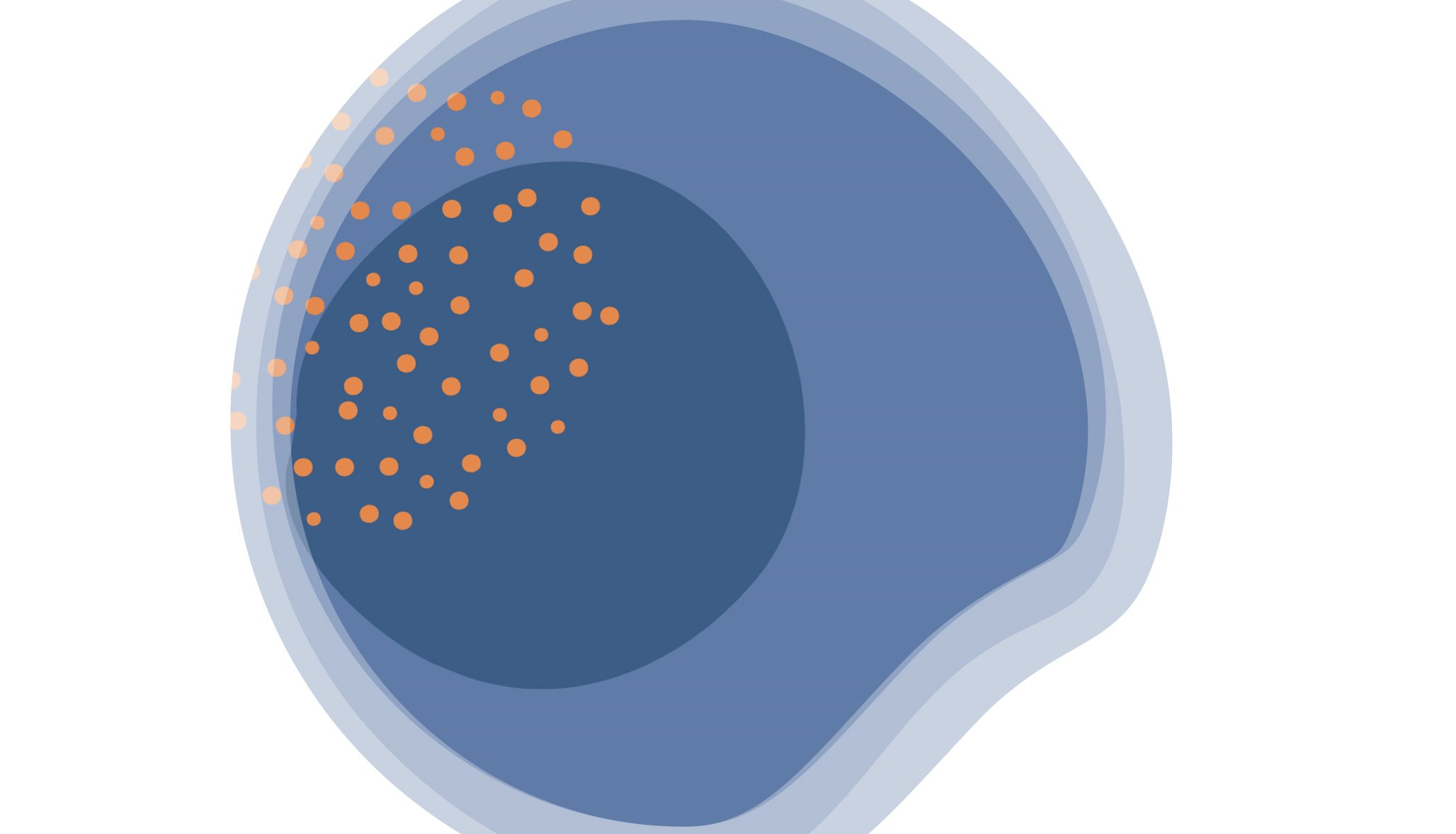
Workshop 3.1. Paradigms for making a difference
Vienna, Austria - Premisses of the University of Vienna (UNIVIE)
Program:
Day 1 will start with a short welcome session. Then, there will be two sessions dedicated to the ESR presentations. In the afternoon a guided city tour (“Female Traces”) will place our location for the week into the context of the history of the city of Vienna. The dinner will be spent at a “Heuriger”, a typical local tavern in the vineyards at the outskirts of Vienna.
The first part of Day 2 will be dedicated to the other ESR presentations. In the afternoon there will be the discussion of the ESR presentations by the supervisors, as well as the ESR Board Meeting.
Day 3 starts with the Keynote on Public Pedagogy by Maria Mendel followed by a discussion and then three parallel groups discussing Public Pedagogy. In the afternoon there will be the Keynote on Welfare Bricolage and Institutional Learning by Jenny Phillimore also followed by a discussion and then three parallel groups discussing Institutional Learning. In the evening the Social Dinner takes place at Magdas Lokal, a social business employing people from all over the world with an asylum-seeking background, also providing training.
Day 4 will start with a presentation by the non-academic partner Vienna Human Rights Office. Afterwards, there will be a discussion on the handbook as well as the Supervisory Board meeting. The workshop will end with a planning and debriefing meeting.
Content:
• Provide training as interactive moments of collective learning between ESRs and the network of supervisors, and between academics and non-academic partners (in both directions).
• Put empirical scientific data and insights, theoretical perspectives, practitioners’ experiences and expertise, and action and intervention-oriented skills into dialogue.
• Start developing the shared research problem and analytical framework that guides all individual ESR projects
Outcomes:
By the end of the workshop the Early Stage Researchers will be able to:
• Have developed an understanding on how to put empirical scientific data and insights, theoretical perspectives, practitioners’ experiences and expertise and action and intervention-oriented skills, into dialogue.
• Reflect on the shared research problem and analytical framework of the ESR research projects
• Evaluate the progress of their project both theoretically as well as empirically.
Organizers: UNIVIE (University of Vienna) in collaboration with NUIM (Maynooth University)
Non-academic partner: the city of Vienna, represented by the Human Rights Office Vienna (Vienna Menschenrechtsbüro), which will present thematically relevant projects to exemplify the role of politics and administration in the making of solidarity and diversity.
Reading List:
Institutional Learning and Policy Logics: session leader Jenny Phillimore
Phillimore, 2022, “Social Policy and Superdiversity: An Agenda for Addressing Racisms and Inequalities”
Kazepov, forthcoming, "Cities and citizenship. Embedding the urban in the multilevel governance of social policy"
Boswell, 2019, "Research, 'Experts', and the Polics of Migraon"
Castles, 2004, "Why migration policies fail"
Public Pedagogy: session leader Maria Mendell
Gert Biesta (2012) Becoming public: public pedagogy, citizenship and the public sphere, Social & Cultural Geography, 13:7, 683-697, DOI: 10.1080/14649365.2012.723736
Sandlin, J.A., O’Malley M.P., Burdick, J., Mapping the Complexity of Public Pedagogy Scholarship: 1894–2010. Review of Educational Research, September 2011, Vol. 81, No. 3, pp. 338–375, DOI: 10.3102/0034654311413395
Nick Schuermans, Maarten P.J. Loopmans & Joke Vandenabeele (2012): Public space, public art and public pedagogy, Social & Cultural Geography, 13:7, 675-682
Jennifer A. Sandlin, Jake Burdick & Emma Rich (2017) Problematizing public engagement within public pedagogy research and practice, Discourse: Studies in the Cultural Politics of Education, 38:6, 823-835, DOI: 10.1080/01596306.2016.1196343

Workshop 2.2. Researching in place
Borlänge, Sweden
This workshop explores what it means to do research in context, likewise discussing the methodological implications of doing place-based research. The aim of the workshop is to develop ESRs in critical reflection skills that focus on negotiating the context-specific nature of research and will enhance transferable skills in identifying, discussing, and navigating the challenges of social research in diverse contexts.
By the end of the workshop the Early-Stage Researchers will be able to (1) discuss in-depth more-than-human perspectives and nature and relate them to research practice; (2) reflect on and apply concepts of critical reflection skills in their research practice; (3) conceptualize and analyze the connection between solidarity and critical reflection of the researcher, and (4) understand how non-governmental organizations apply concepts of critical reflection and solidarity.
The workshop will take place in premises of the non-academic partners in Brunnsvik Folkhögskola in rural Sweden. Brunnsvik has a deep historical significance for the labour movement and is part of the non-formal educational system. The workshop is organized in cooperation with Brunnsvik Folkhögskola and ABF Västra Västmanland.
Organizers: Uppsala University, KU Leuven
Non-academic partners: ABF Västra Västmanland
External collaboration: Brunnsvik Folkhögskola
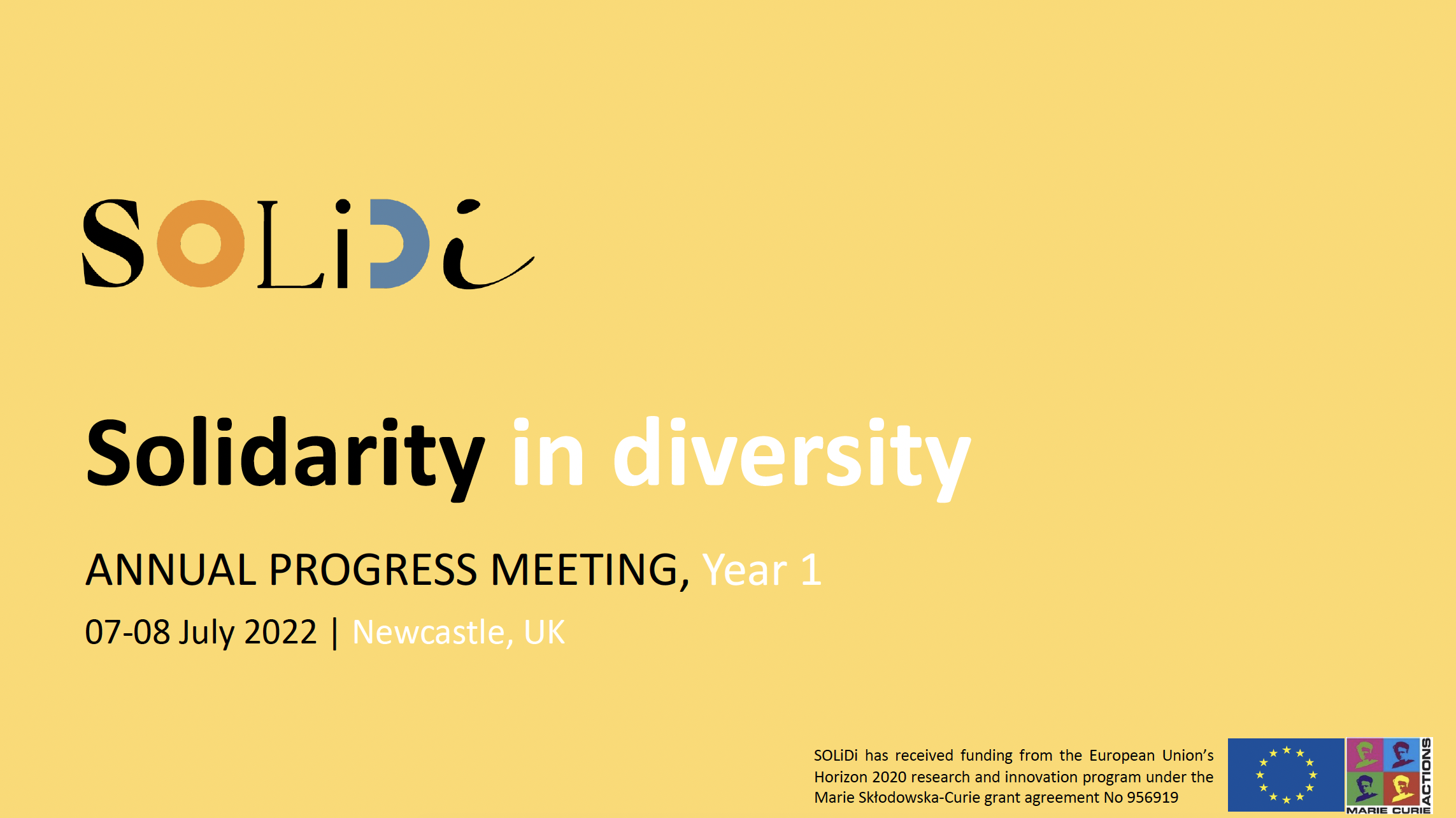
Annual progress meeting
Newcastle, UK
No later than one year after the start, the yearly progress of the ESRs’ doctoral research and development in training and transferable skills was accessed during the Annual Progress Meeting in Newcastle, UK. The Annual Progress Meeting of the ITN offered an opportunity to take stock of PhD progress and network development within one year after the start of the ESR fellows. The progress meeting enabled a focus on how research is developing, identifying common concerns and challenges, and how the development of training and transferable skills has proceeded. This furthermore provided an opportunity for guidance and feedback to all ESRs on the successful continuation of their PhDs, and the fulfilment of their research and training goals. Following the individual ESR progress reports and annual progress presentations, the meeting also provided an opportunity to evaluate the SOLiDi network wide training events, as well as to update risk management and budget status, and forward planning of the network’s activities and deliverables.
Thank you all for your great work and participation, and big thanks to Prof. Helen Wilson and Prof. Jonathan Darling for helping run this event so smoothy!
Organizers: SOLiDi Project Management Team (UAntwerpen)

Workshop 2.1. Participatory research methods, research ethics and research engagement with (vulnerable) communities
Newcastle, UK
The core aim of this workshop was to develop good research practices for working with vulnerable groups/participants and listening to complex stories of hardship, loss, disorientation, and exclusion. The workshop involved training and reflection on ethnographic practices which involve participation, observation, developing relationships with participants, asking questions, and listening. It included sessions that interface psychotherapeutic techniques with methods used in social sciences to improve how we ask questions and to listen better. The workshop involved training from non-academic partners experienced in working with vulnerable groups to consider the ethical implications of research around vulnerabilities, including the kinds of research relationships we develop with participants in the field and on secondments. The second aim of the workshop was to reflect on project progress to date, with ESRs presenting on their individual projects for feedback from the network.
Organizers: Durham University, University of Leicester
Non-academic partners: Trade Sexual Health, Leicester Youth Services, Citizens Songwriters

Workshop 1.3. Place and practice-based approach
Gozo, Malta
The Malta workshop explored the geographies of solidarity by discussing the concepts of place, space and mobility. We mobilized a relational sense of space, debating the way space and place are socially and historically constructed while simultaneously structuring social relations. The workshop was preceded by a methodological session on ‘graphic ethnography in place’, but itself also combined theoretical with methodological reflections.
We started with a collective meet-up with and presentation by network partner Moviment Graffiti, where we discussed the solidarities they have developed during decades of place-based activism. The next day, we split up in 3 different groups of ESRs and supervisors to first discuss 3 different sets of readings on the spatialities of solidarity, to later explore different methodological approaches to address these topics. Finally, in a collective meeting with the whole group, we exchanged experiences and insights gathered in the previous days.
As the first in person workshop (apart from the start up session in Antwerp), we also dedicated ample time to developing and expanding our own internal solidarities. We organized collective sessions discussing our mutual aims and purposes in the program, but also more informal activities in collaboration with Expeditions vzw, aimed at getting to know each other and ‘thicken’ our internal social network. A ‘walk and talk’ through the fields and over the cliffs of Gozo, as well as a final dinner and guided bus tour on the island definitely helped to establish and strengthen relations between supervisors and ESRs, both within and across national teams.
Organizers: KU Leuven, L-Università ta' Malta, Uppsala University
Non-academic partners: Expeditions, Moviment Graffiti

Mid-term check
Online
SOLiDi Mid-term check meeting with our project officer took place online on the 17 February 2022. All the ESR fellows and supervisors participated in this event, presenting the overall progress of the project.
Organizers: SOLiDi Project Management Team (UAntwerpen)
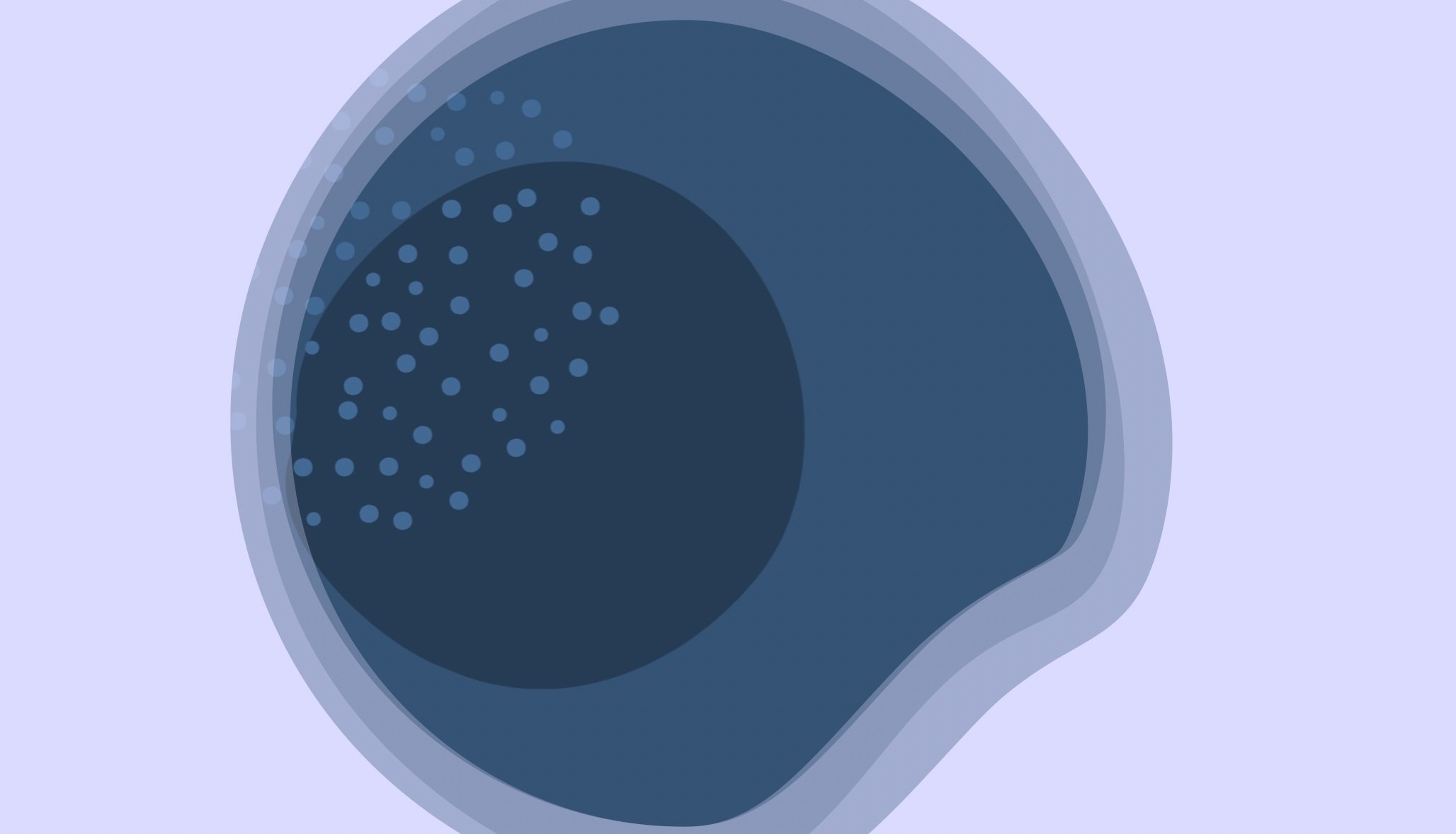
Workshop 1.2. Interculturalism
Online
This workshop and second SOLiDi training event explored the conceptual, intellectual and political history of the idea of culture, and its present, both in terms of its uses and misuses. Looking at the relationships between education and culture in light of the question of equality, the workshop explored culture ‘in action,’ through notions of translation, hybridity and practice. Likewise, it engaged with the ethical and political questions concerning the encounter ‘with’ and ‘through’ culture ‘on the ground’ through research. Organised through a photo-voice pedagogical approach, the workshop also aimed to open up possibilities for self-interrogation of one’s own ‘inter-cultural’ location/s. Through 6 workshop sessions extending over a period of three days, the ambition of this training event was to engage the ESRs in a more nuanced and informed ways with issues concerning culture and interculturality in their own projects.
Organizers: Maynooth University (NUIM)
Non-academic partners: Migrant Teachers Project
External lecturers: Prof. Hana Cervinkova

Workshop 1.1. Solidarity in diversity: an intersectional perspective
Hybrid: online and in Antwerp, Belgium
This first SOLiDi Training Workshop (WS1.1.) aims to convey and jointly elaborate the shared research problem and analytical framework that guides all individual PhD projects of the ESR fellows. It focuses on ‘solidarity’, ‘diversity’ and ‘intersectionality’.
The first (of four) workshops in this strand (STRAND 1 what?) has the aim to lay the groundwork for the common SOLiDi approach. In so doing, its goal is to (1) train ESRs in the solidarity in diversity perspective, (2) provide an introductory discussion to the ethics of solidarity, and (3) introduce intersectionality approach to sensitize ESRs to power asymmetries and social inequalities in solidarity practices and discourses.
By the end of the first training workshop, ESRs will be able to: (1) understand the shared research problem on solidarity in diversity and the analytical framework that guides all individual PhD projects; (2) acquire basic understanding of the core concepts in SOLiDi: solidarity, diversity and intersectionalist approach; (3) identify ethical challenges related to solidarity in diversity research; (4) meet and get to now other ESRs and scholars and form a mutually supportive learning community of early stage researchers, and (5) start reflecting on their own research questions and framework.
Due to COVID-19, instead of the planned four-day workshop in Antwerp, the first training workshop consists of an online (four workshop sessions organized over the course of September and October) and an offline part (2 days in Antwerp).
Organizers: University of Antwerp
Non-academic partners: Expeditions, Kif Kif
External lecturers: Prof. Kathy Davis

Meet our ESR fellows
15 ESRs started in the SOLiDi network on the 1st of September 2021. Follow this link to meet them!

Application period is now closed
Thank you all for applying! We have received over 300 applications from around the world, representing a wide range of disciplines. More information on recruitment coming soon.

Application period open
The SOLiDi consortium is looking for 15 Early Stage Researchers to analyse how solidarities in diversity can be nurtured. Apply for a PhD and became part of the SOLiDi network. For more information please follow this link.


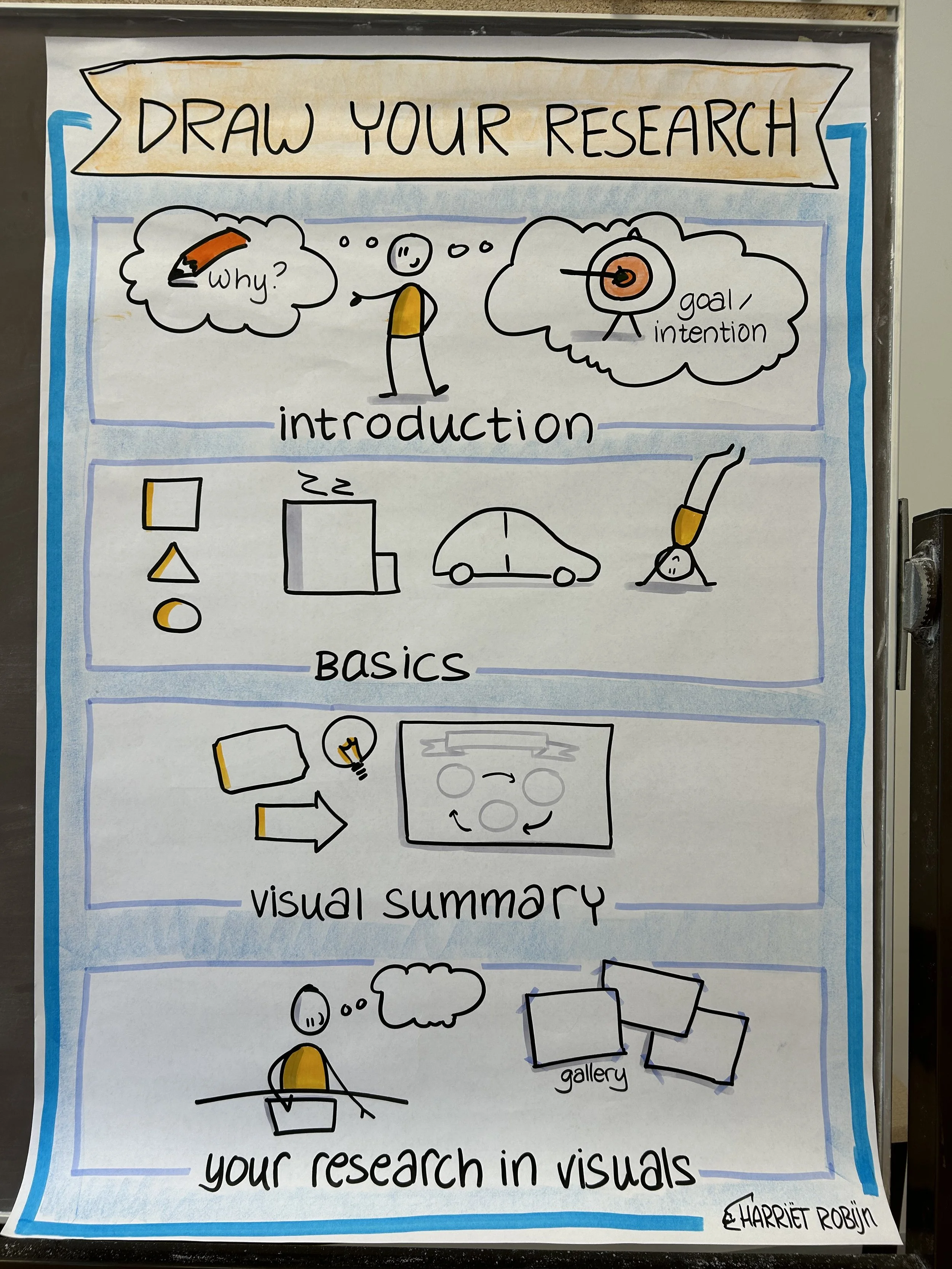



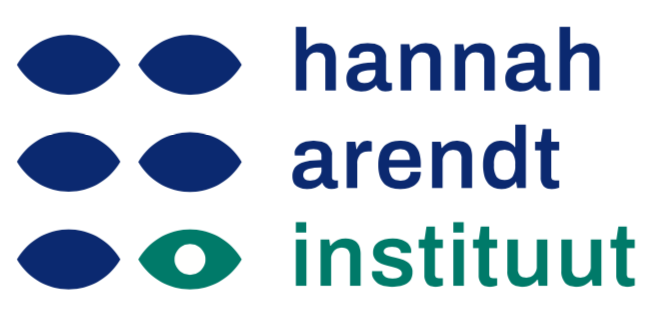













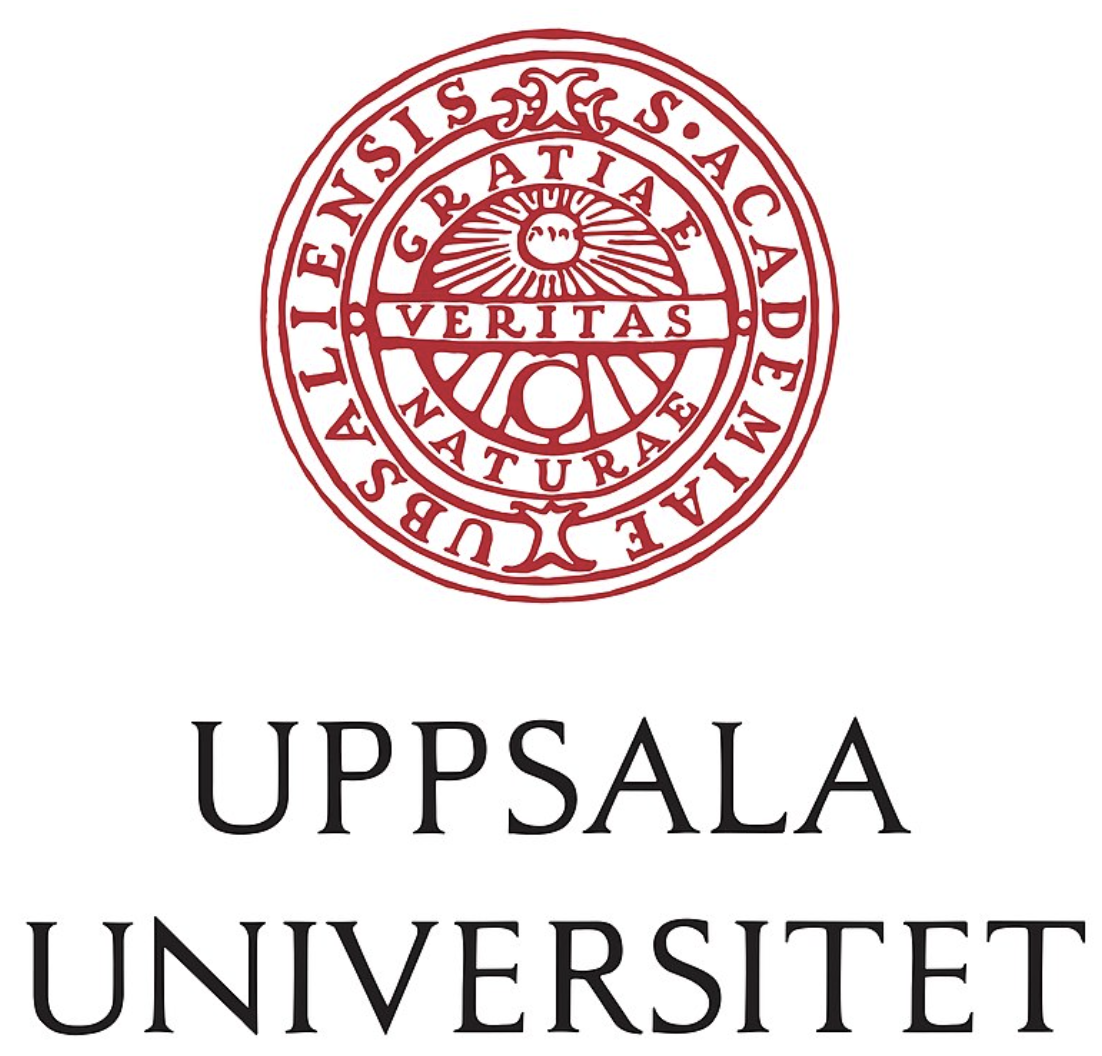
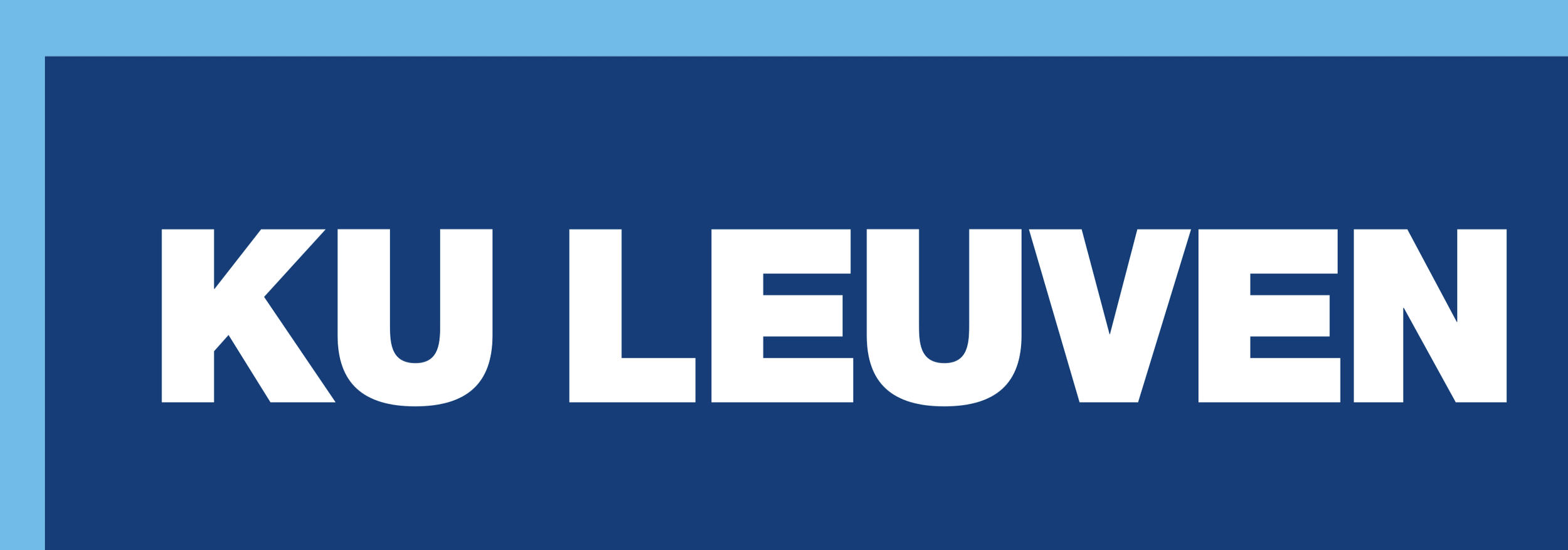
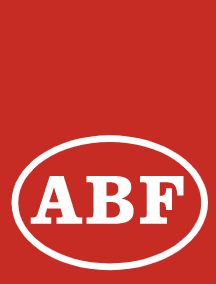
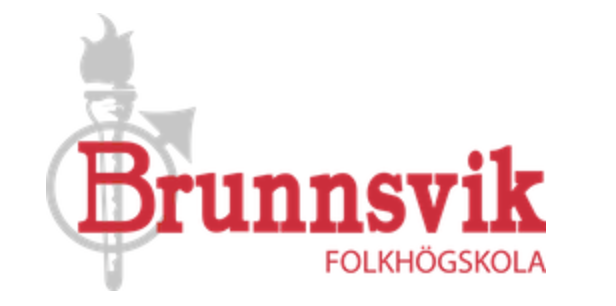





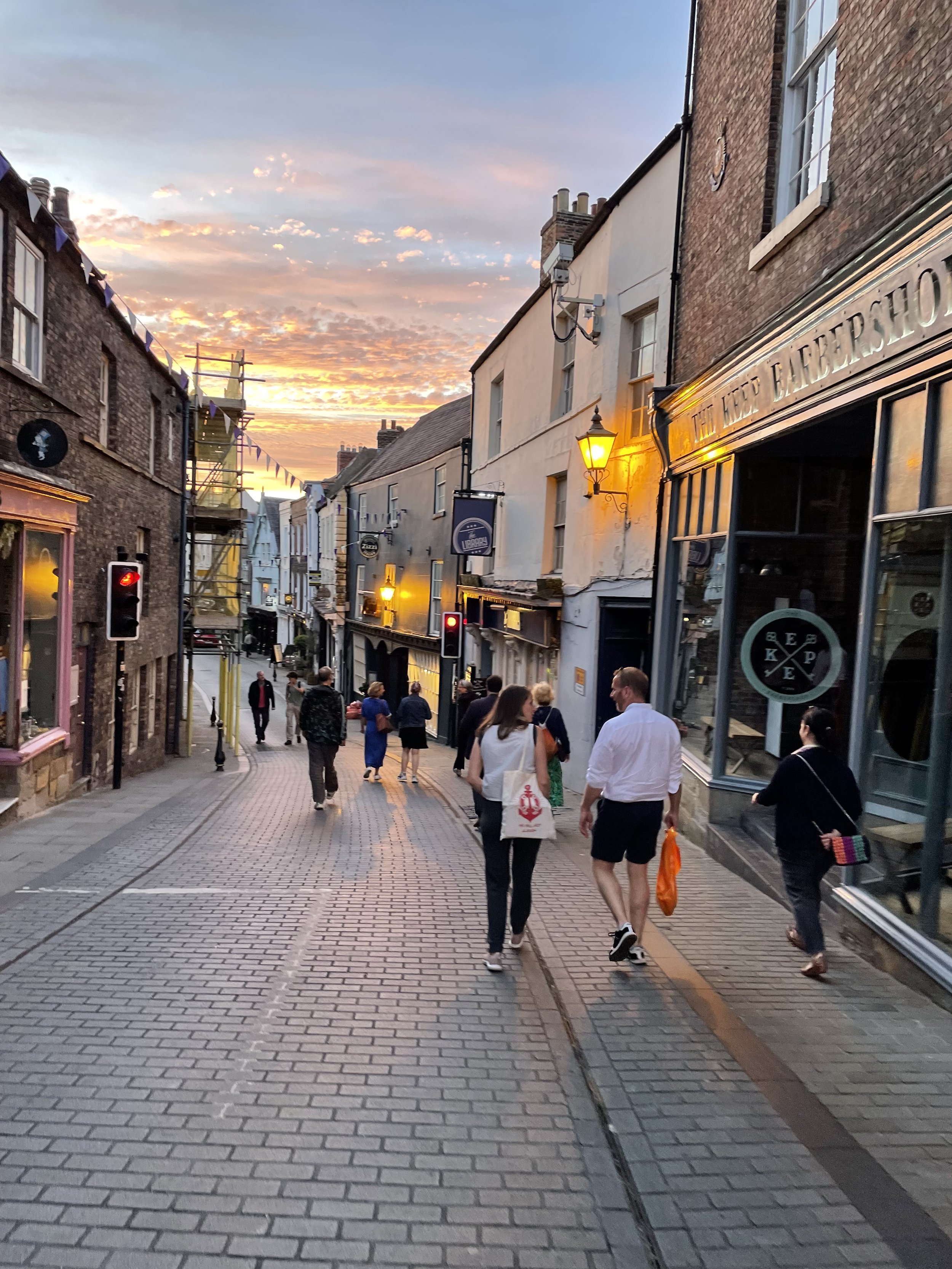

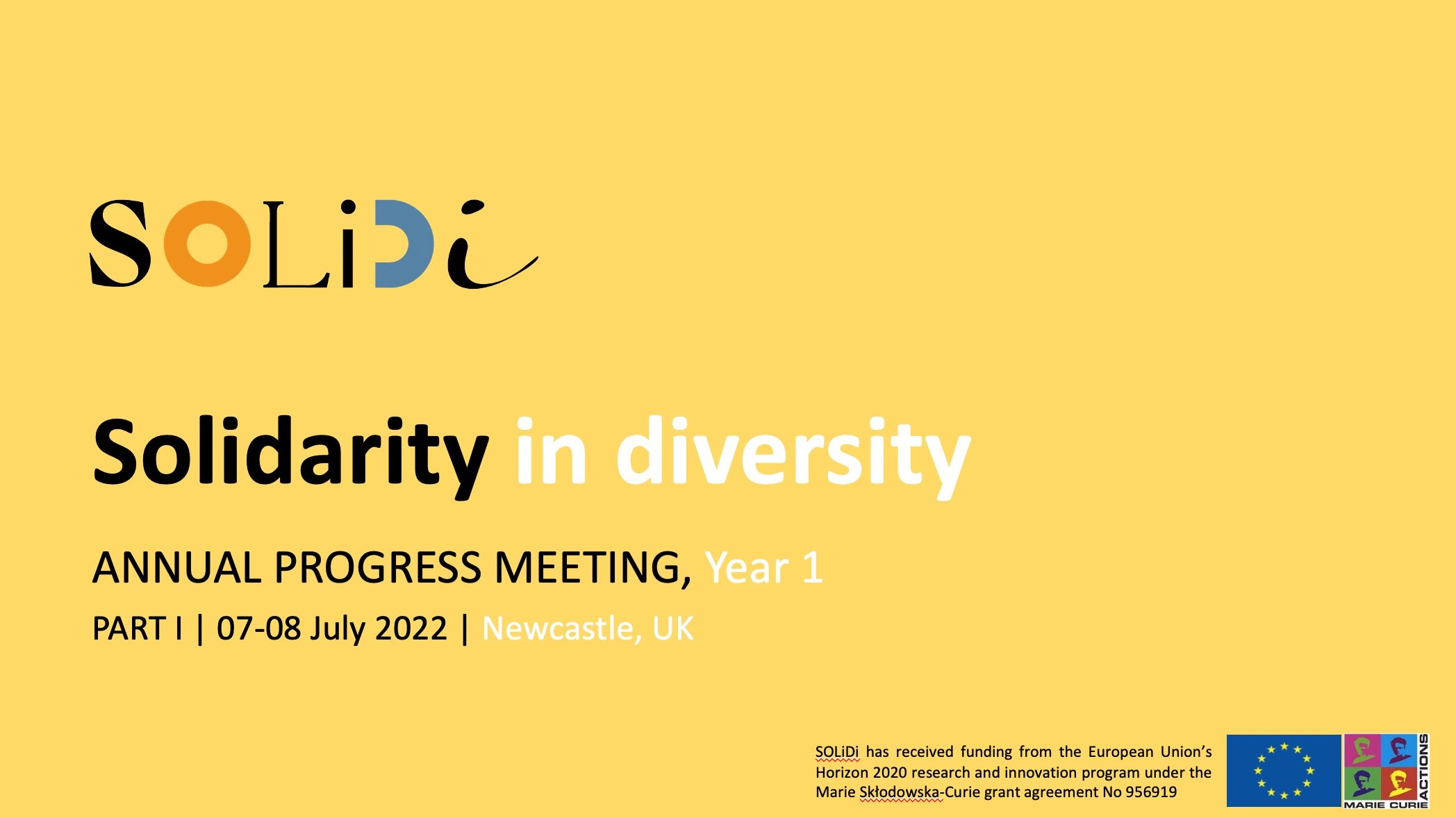
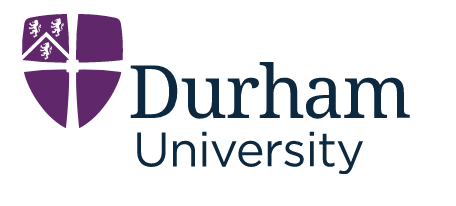

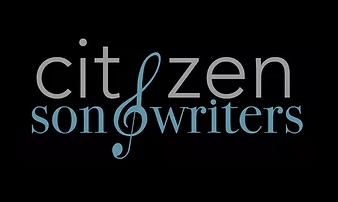

![Image[24].jpeg](https://images.squarespace-cdn.com/content/v1/605331e2cabfce471a234507/1663021729531-RWM2HPXWCZWHUBBR7JZW/Image%5B24%5D.jpeg)
![Image[90].jpeg](https://images.squarespace-cdn.com/content/v1/605331e2cabfce471a234507/1663021722746-R0LHCTRARNZYEWEF4QXE/Image%5B90%5D.jpeg)
![Image[47].jpeg](https://images.squarespace-cdn.com/content/v1/605331e2cabfce471a234507/1663021722293-HCAZDN1Z462TVWQK3QXN/Image%5B47%5D.jpeg)

![Image[23].jpeg](https://images.squarespace-cdn.com/content/v1/605331e2cabfce471a234507/1663021724233-H3TNDHSGBLWCB3J1S65J/Image%5B23%5D.jpeg)

![Image[17].jpeg](https://images.squarespace-cdn.com/content/v1/605331e2cabfce471a234507/1663021735523-Z76YYN5Q9T2MZYBOBEBY/Image%5B17%5D.jpeg)
![Image[55].jpeg](https://images.squarespace-cdn.com/content/v1/605331e2cabfce471a234507/1663021736641-7NMPW5KWSZ2WQEWRRYBB/Image%5B55%5D.jpeg)
![Image[4].jpeg](https://images.squarespace-cdn.com/content/v1/605331e2cabfce471a234507/1663021725796-NGGXRAXHGKIHLDCTZ6A8/Image%5B4%5D.jpeg)
![Image[25].jpeg](https://images.squarespace-cdn.com/content/v1/605331e2cabfce471a234507/1663021727736-FTI12JKRXR4SGI2A445N/Image%5B25%5D.jpeg)

![Image[5].jpeg](https://images.squarespace-cdn.com/content/v1/605331e2cabfce471a234507/1663021731638-439Y8E02YEVQL14L45LX/Image%5B5%5D.jpeg)
![Image[67].jpeg](https://images.squarespace-cdn.com/content/v1/605331e2cabfce471a234507/1663021734025-5DFY4KUTEXOLCWLQ708B/Image%5B67%5D.jpeg)

![Image[97].jpeg](https://images.squarespace-cdn.com/content/v1/605331e2cabfce471a234507/1663021733590-GE2IG5NRHKXB4G5JEAVI/Image%5B97%5D.jpeg)




